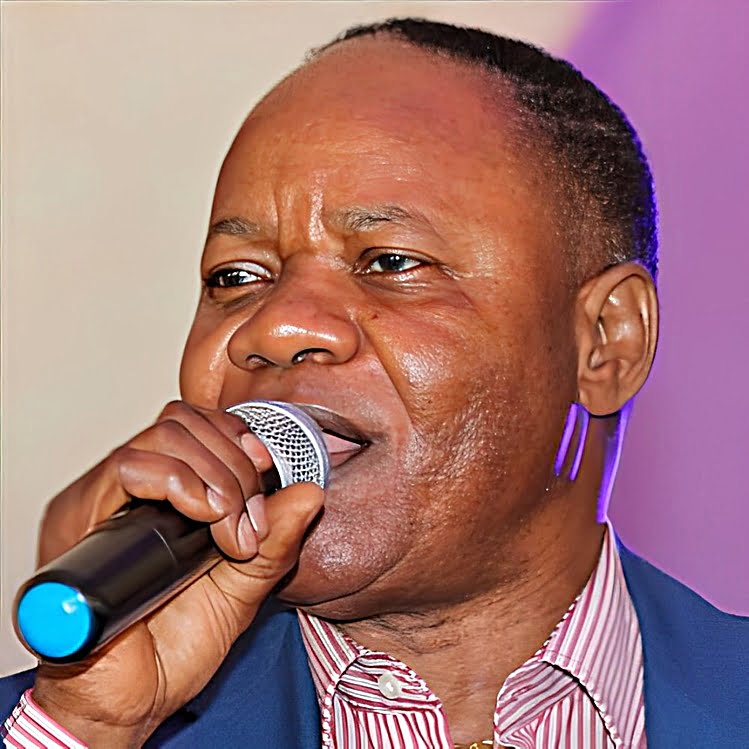
Rhythms of Resilience: A Journey Through the History and Global Impact of Congolese Music
Introduction:
In the heart of Africa, lies a musical legacy that transcends borders and captivates audiences worldwide – Congolese Music. With its rich history, diverse genres, and influential artists, the music of the Democratic Republic of the Congo (DRC) has played a pivotal role in shaping the cultural landscape of the region and leaving an indelible mark on the global music scene.
The Birth of Congolese Music:From Traditional Rhythms to Rumba
The origins of Congolese music lie in the heart of Africa, deeply rooted in the region’s traditional rhythms and songs. Congolese music evolved through cultural exchanges brought about by colonialism, introducing new instruments and styles. By the early 20th century, this fusion led to the birth of Congolese Rumba, one of the most iconic genres in African music history.
Influences: Latin American music, brought to the Congo by sailors and traders, had a significant impact. The rhythmic patterns of Cuban music blended seamlessly with local drumming traditions, giving rise to a style that would forever shape Congolese musical identity. Rumba became a tool for cultural expression, reflecting the hardships, joys, and resilience of the people.
Papa Wendo, often called the father of Congolese Rumba, was instrumental in shaping the early sounds of this genre. His 1948 hit, “Marie-Louise,” captured the spirit of the times and remains a cornerstone of Congolese music..
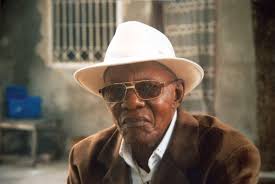
Genres That Echo Through Time:
Rumba: Rumba, the heartbeat of Congolese Music, emerged in the 1930s.Characterized by its infectious rhythms and soulful melodies, Rumbabecame a symbol of cultural expression and resistance during times of political upheaval.
The Evolution of Soukous: From Dancehalls to Global Stages: Soukous, meaning “to shake,” emerged as a dynamic offshoot of Rumba, combining the traditional rhythms of the Congo with jazz, funk, and rock influences. It became a genre that transcended borders, gaining popularity in Europe and beyond during the 1960s and 70s.
Dance Phenomenon: Soukous is known for its infectious, danceable beats. The intertwining of complex guitar melodies and fast-paced percussion makes it impossible to resist. Bands like Zaïko Langa Langa and singers like Tabu Ley Rochereau further propelled Soukous to international fame. As it spread globally, Soukous incorporated elements from other cultures, resulting in a sound that felt both African and universally appealing.
Ndombolo: A 21st Century Global Dance Craze
Fast forward to the late 20th century, and a new genre began dominating the airwaves – Ndombolo. Characterized by its fast tempo, bold rhythms, and vibrant dance styles, Ndombolo took the world by storm.
Koffi Olomide is a key figure in the Ndombolo scene, blending traditional Congolese sounds with more modern elements to create music that resonates with younger generations. Songs like “Loi” and “Effrakata” are timeless Ndombolo hits that showcase the genre’s high energy.
Global Influence: Ndombolo’s influence stretches far beyond the Congo. Its energetic beats and accompanying dance moves have become a global sensation, influencing the Afrobeat and modern African music scenes.
Pioneering Artists:
Franco Luambo: The Sorcerer of the Guitar: No journey through Congolese music would be complete without mentioning Franco Luambo Makiadi, known as the “Sorcerer of the Guitar.” Born in 1938, Franco transformed the Congolese music scene through his virtuosic guitar skills and leadership of TPOK Jazz, a band that became legendary across Africa.
Rise of Soukous: While Franco started his career in Rumba, he evolved with the times, embracing the faster-paced Soukous genre. His music told the story of the people, blending everyday life, politics, and cultural heritage. Franco’s mastery of the guitar and ability to create powerful, melodic rhythms helped define the golden age of Congolese music.
With hits like “Mario” and “Attention na SIDA,” Franco not only entertained but also used his platform to raise awareness about social issues.
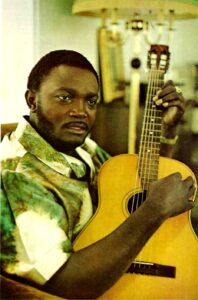
Tabu Ley Rochereau: A pioneer of modern African music, Taby Ley’s contribution to Rumba and Soukous is immeasurable. His lyrical prowess and charismatic performances earned him the title the African Elvis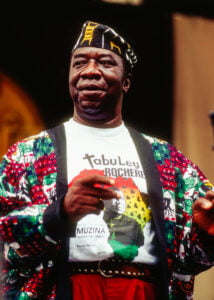
Koffi Olomide: A key figure in the Ndombolo era, Koffi Olomide’s music transcended borders, bringing the vibrant sounds of Congolese music to a global audience.
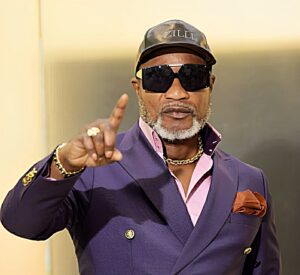
Women in Congolese Music: A Spotlight on Female Pioneers
While many of the most celebrated names in Congolese music are male, women have played a crucial role in shaping the genre’s trajectory. From vocalists to bandleaders, female artists have brought a unique perspective to the Congolese music scene.
Mbilia Bel: Known as the Queen of Congolese Rumba, Mbilia Bel has captivated audiences for decades with her powerful voice and stage presence. As a member of Tabu Ley Rochereau’s band, her 1980s hit “Eswi yo Wapi” helped cement her as one of the most influential female figures in Congolese music.
In recent years, more female artists have stepped into the spotlight, continuing to shape the future of the genre and inspiring the next generation of musicians.
Congolese Music and the Global Music Industry
The impact of Congolese music on the global stage cannot be overstated. Congolese rhythms have influenced artists from various parts of the world, inspiring genres like Afrobeat, Brazilian Samba, and even modern Pop. The intricate guitar work and rhythmic complexity found in Congolese music have been adopted by artists worldwide.
Afrobeat Connection: The Afrobeat genre, popularized by Nigerian legend Fela Kuti, draws heavily on Congolese musical traditions. The fusion of highlife, jazz, and Congolese Soukous has created a vibrant sound that resonates across continents.
Latin music has also felt the influence of Congolese music, with Rumba’s African roots contributing to the rich tapestry of Latin American sounds. This ongoing cultural exchange underscores the global significance of Congolese music.


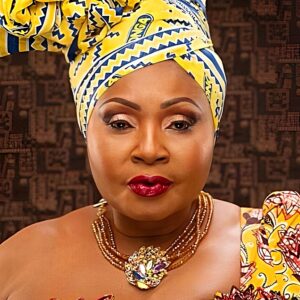

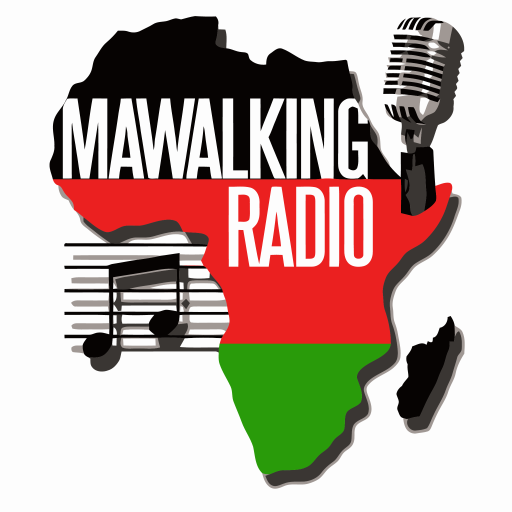
Pingback: AFS238onMWR: The Afro-Fusion Show | Mawalking Radio
Pingback: Jolie Detta: Pioneering Congolese Female Diva | Mawalking Radio
Pingback: AFS233onMWR: The Afro-Fusion Show | Mawalking Radio
Pingback: Mawalking Radio | AFS238onMWR: The Afro-Fusion Show